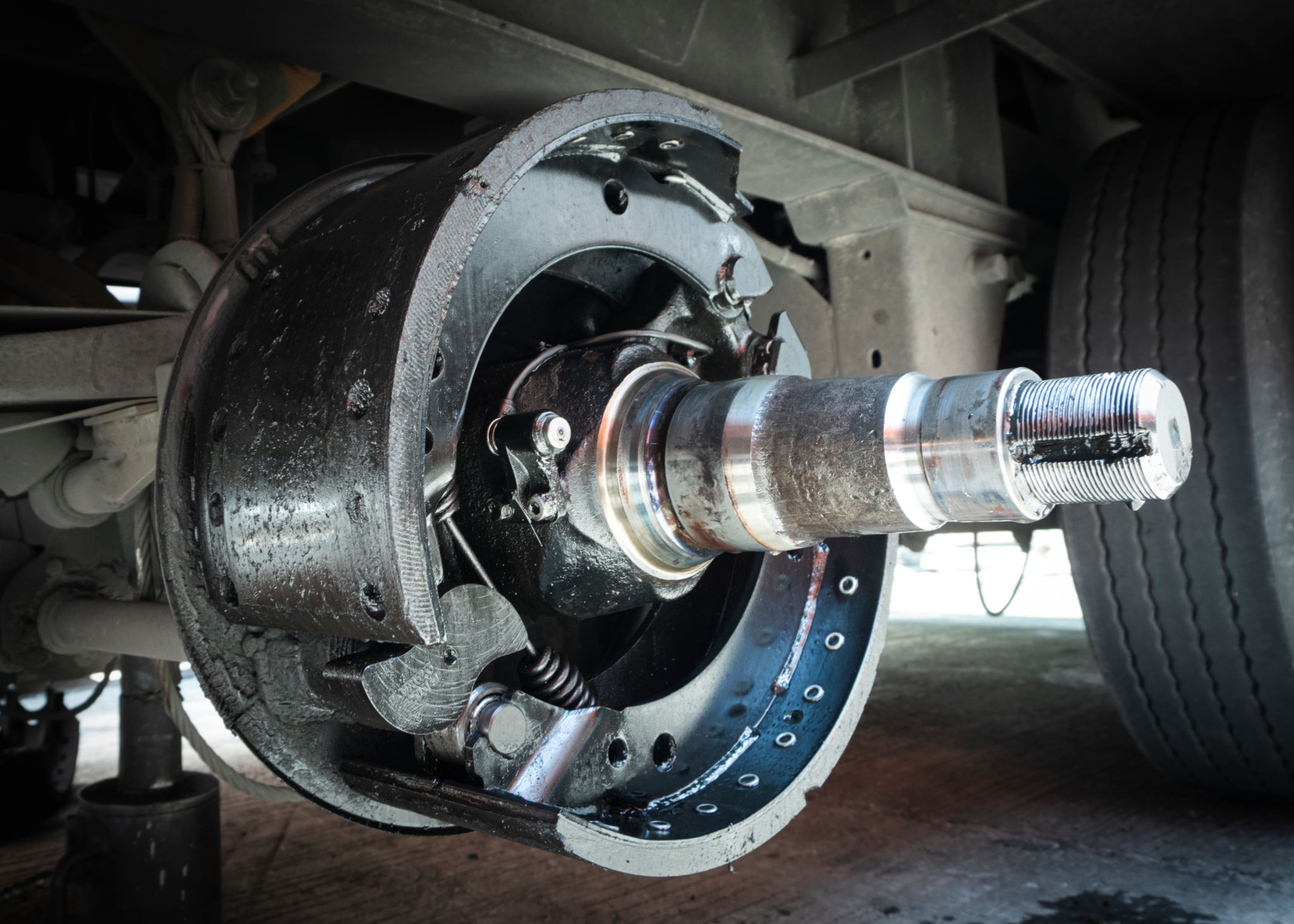Navigating Trailer Safety Regulations in New Jersey
Understanding New Jersey Trailer Safety Regulations
When it comes to towing trailers in New Jersey, understanding and adhering to the state's safety regulations is crucial. Whether you're using a trailer for personal or commercial purposes, complying with these rules not only ensures your safety but also helps you avoid potential fines and penalties. This guide will help you navigate the essential trailer safety regulations in New Jersey.

Registration and Title Requirements
In New Jersey, trailers must be registered and titled through the New Jersey Motor Vehicle Commission (MVC). To register a trailer, you'll need to provide proof of ownership, such as a manufacturer's certificate of origin or a previous registration. It's important to keep all documentation up-to-date to avoid any legal complications while on the road.
The registration process includes paying a fee, which varies based on the trailer's weight. Remember that trailers over a certain weight may require additional inspections or endorsements, so it's important to verify these requirements with the MVC.
Essential Safety Equipment
Ensuring your trailer is equipped with the necessary safety equipment is a key part of compliance. New Jersey law mandates that trailers be outfitted with functioning brake lights, turn signals, and reflectors. Additionally, trailers weighing over 3,000 pounds must have brakes on all wheels. This rule helps ensure that your trailer can be safely stopped in conjunction with your towing vehicle.

Another critical safety component is ensuring that your trailer is equipped with an appropriate coupling system. Safety chains are a must, providing an extra layer of security between your trailer and towing vehicle. Regularly inspect these components to ensure they are in good condition and functioning properly.
Weight Limits and Load Security
New Jersey enforces strict weight limits for trailers, which are typically based on the combined weight of the trailer and its cargo. Exceeding these limits can result in fines and pose significant safety risks. It's crucial to know your trailer's Gross Vehicle Weight Rating (GVWR) and ensure that your load does not surpass this limit.
Properly securing your load is another important aspect of trailer safety. Use appropriate tie-downs and ensure that all items are evenly distributed and firmly secured to prevent shifting during transit. Improperly loaded trailers can lead to accidents and damage to both your trailer and its contents.

Driver Requirements and Best Practices
While having a valid driver's license is a given, certain trailers may require additional endorsements or licenses. For instance, towing larger trailers might require a commercial driver's license (CDL). Check with the New Jersey MVC for specific requirements related to your trailer.
Beyond legal requirements, practicing safe driving habits is essential when towing a trailer. Maintain a safe following distance, allow for extra stopping time, and be mindful of increased blind spots. Regularly checking your mirrors and being aware of your surroundings can make a significant difference in preventing accidents.
Inspections and Compliance
Regular inspections are an integral part of maintaining trailer safety. In New Jersey, trailers may be subject to periodic inspections to ensure compliance with safety standards. These inspections typically cover aspects like lighting, brakes, tires, and overall roadworthiness.
Staying informed about changes in regulations is crucial for continuous compliance. Regularly reviewing updates from the New Jersey MVC can help you stay ahead of any new requirements or amendments to existing laws.
By understanding and following New Jersey's trailer safety regulations, you can ensure safe and legal towing experiences. Whether you're hitting the road for work or leisure, taking the time to comply with these rules protects you and others on the road.